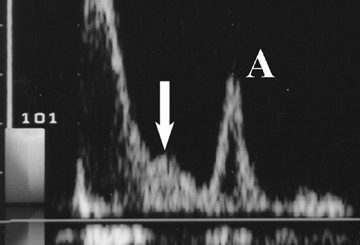Medicine MCQs 10 : STERILIZATION & DISINFECTION
Contents
- 1 Flash pasteurization involves exposure of milk and other liquid products to at least -
- 2 Which is the most frequently used method of sterilization in medical practice?
- 3 The process of complete elimination of vegetative forms of microorganisms except the bacterial spores from inanimate objects is called -
- 4 Which is the most effective skin antiseptic used in medical practice ?
- 5 Greatest antimicrobial activity of UV light occurs at -
- 6 Which antiseptic effectiveness is limited by the organism’s ability to produce catalase?
Flash pasteurization involves exposure of milk and other liquid products to at least -
Flash pasteurization involves exposure of milk and other liquid products to at least 72°C (approx. 162°F) for at least 15 seconds
Which is the most frequently used method of sterilization in medical practice?
Moist heat sterilization, usually autoclaving, is the most frequently used method of sterilization.
The process of complete elimination of vegetative forms of microorganisms except the bacterial spores from inanimate objects is called -
The process of complete elimination of vegetative forms of microorganisms except the bacterial spores from inanimate objects is called - Disinfection
germicide includes both antiseptics and disinfectants. Antiseptics are germicides applied to living tissue and skin; disinfectants are antimicrobials applied only to inanimate objects.
In general, antiseptics are used only on the skin and not for surface disinfection, and disinfectants are not used for skin antisepsis because they can injure skin and other tissues.
Which is the most effective skin antiseptic used in medical practice ?
Iodine is the most effective skin antiseptic used in medical practice
Greatest antimicrobial activity of UV light occurs at -
Greatest antimicrobial activity of UV light occurs at 250 to 260 nm, which is the wavelength region of maximum absorption by the purine and pyrimidine bases of DNA
Which antiseptic effectiveness is limited by the organism’s ability to produce catalase?
Hydrogen peroxide - effectiveness is limited by the organism’s ability to produce catalase





